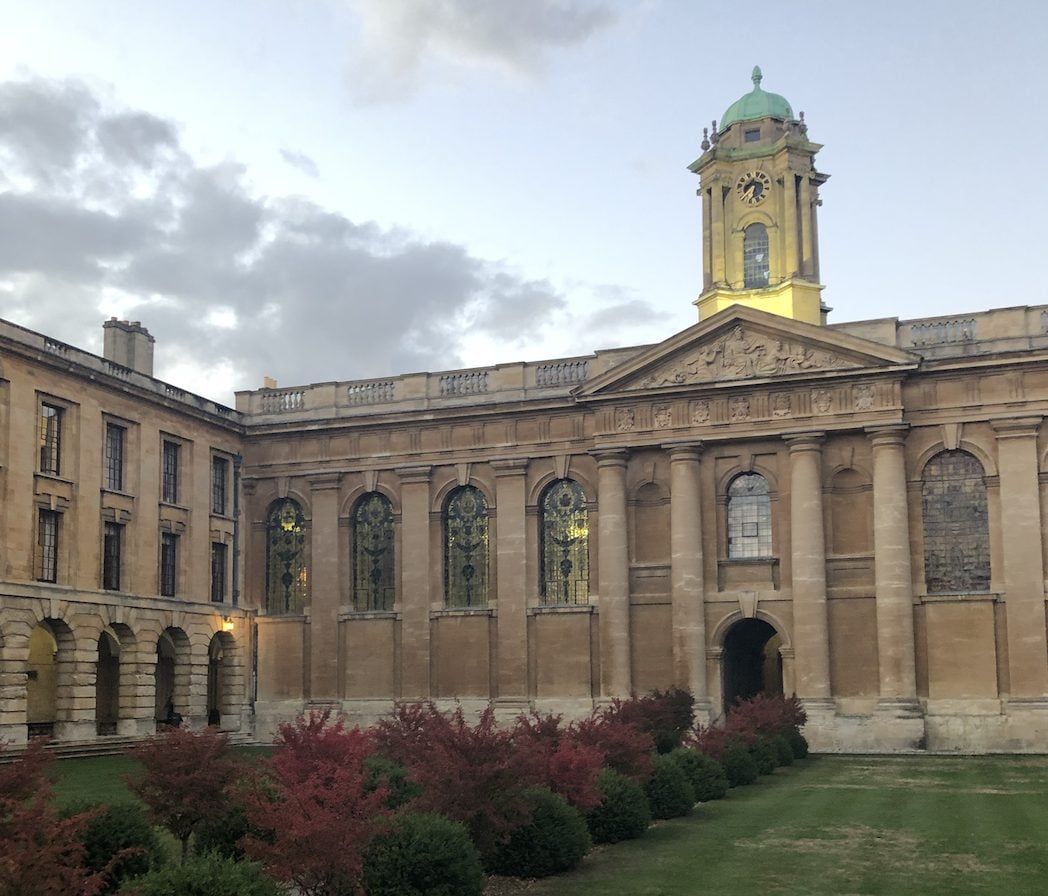A formerly disbanded Queen’s College dining society is set to return amidst opposition from the student body. The Eaglets, dissolved in 2019, previously operated as an all-male institution and is planned to return as a mixed-gender society with support from the Dean of Queen’s College.
The Queen’s JCR and Women’s Society have each expressed concerns that the Society will be exclusionary, and have cited the alleged high cost of over £80 per dinner and lack of name change from the original society as evidence of this. The Eaglets was previously dissolved after refusing to write a constitution, and had been condemned by the JCR for its exclusionary nature.
The Dean of Queen’s College, Richard Nickerson, who supports the resurgence of the society, told Cherwell: “In the past Eaglets’ membership was inclusive, geographically, ethnically, and in terms of social background and sexual orientation.” In the new constitution of the Eaglets, which Cherwell has not seen, Nickerson has introduced “a mechanism for becoming a member which allowed anyone to join”. The society has become mixed-gender, as well as removing the tradition that members attended public schools.
Concerns around the all-male history of the Society have been been expressed by the Women*’s Society. In a statement, the Women*’s Society has said: “the decision not to change the name in itself signifies to us there has been no shift in its core values or principles, regardless of what its constitution says.” The plan to invite back old members, who were part of the exclusive society, has also caused concern.
The JCR passed a motion supporting the Women*’s Society statement, with 27 for, 5 against, 1 abstaining. The statement included: “Women*Soc believes that Eaglets will promote a culture of exclusivity. It marks a renewed investment in a historically discriminative society, whilst maintaining discrimination through financially structured elitism. This rejects not only the college’s ethos of inclusivity, but also the university’s commitment ‘to fostering an inclusive culture which promotes equality, values diversity and maintains a working, learning and social environment in which the rights and dignity of all its staff and students are respected’.”
The new iteration of the Society has repeatedly assured the JCR that it is inclusive to all members of college. The current JCR President told Cherwell that “membership to the Eaglets is open to all current members of College.”
Some students have expressed concern that the alleged price of dinners, between £80 and £100, is purposeful to exclude state-educated members of the College. These figures have been denied by the JCR President. The JCR Socio-Economic Representative has commented that the return of the society would “[deter] working class people from applying.”
In response, the Dean has expressed that the society is based around dining for “those with a keen interest in fine food.” He has told Cherwell: “The club is for those who wish to devote part of their disposable income to this, rather than, say, an evening drinking and clubbing, which might cost a similar amount.”
The revival comes on the heels of a growing distaste for drinking and dining societies. Oxford University Conservative Association banned Bullingdon members from holding any offices, in an effort to move towards “a more open, welcoming, and tolerant environment for all.” Multiple colleges, including Queen’s, have banned exclusionary societies hosting events on site during term-time, although SCR members have been able to bypass some rules.


